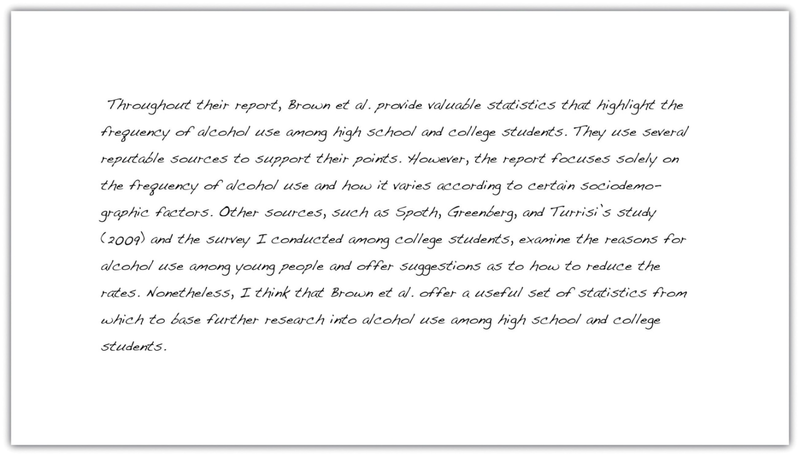An evaluation judges the value of something and determines its worth. Evaluations in everyday experiences are often not only dictated by set standards but also influenced by opinion and prior knowledge. For example, at work, a supervisor may complete an employee evaluation by judging his subordinate’s performance based on the company’s goals. If the company focuses on improving communication, the supervisor will rate the employee’s customer service according to a standard scale. However, the evaluation still depends on the supervisor’s opinion and prior experience with the employee. The purpose of the evaluation is to determine how well the employee performs at his or her job.
An academic evaluation communicates your opinion, and its justifications, about a document or a topic of discussion. Evaluations are influenced by your reading of the document, your prior knowledge, and your prior experience with the topic or issue. Because an evaluation incorporates your point of view and reasons for your point of view, it typically requires more critical thinking and a combination of summary, analysis, and synthesis skills. Thus evaluation paragraphs often follow summary, analysis, and synthesis paragraphs. Read a student’s evaluation paragraph.

Notice how the paragraph incorporates the student’s personal judgment within the evaluation. Evaluating a document requires prior knowledge that is often based on additional research.
Tip
When reviewing directions for assignments, look for the verbs summarize, analyze, synthesize, or evaluate. Instructors often use these words to clearly indicate the assignment’s purpose. These words will cue you on how to complete the assignment because you will know its exact purpose.
- 瀏覽次數:5255






